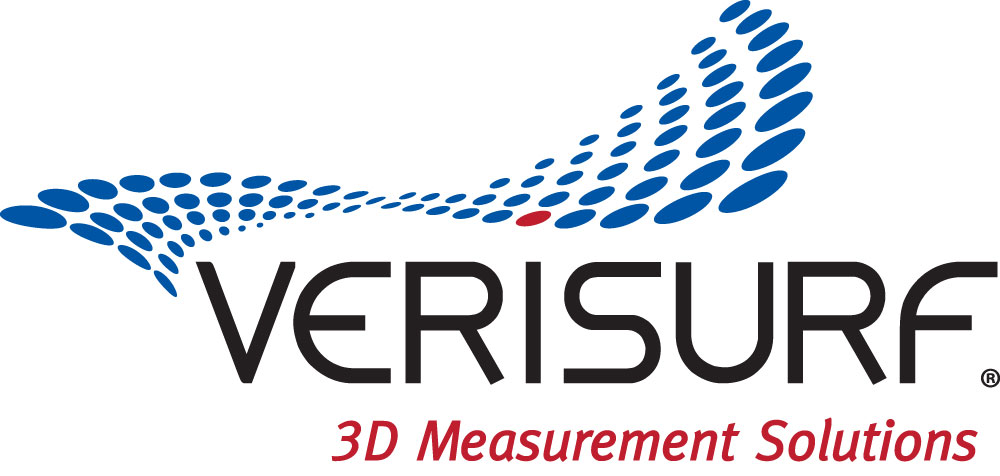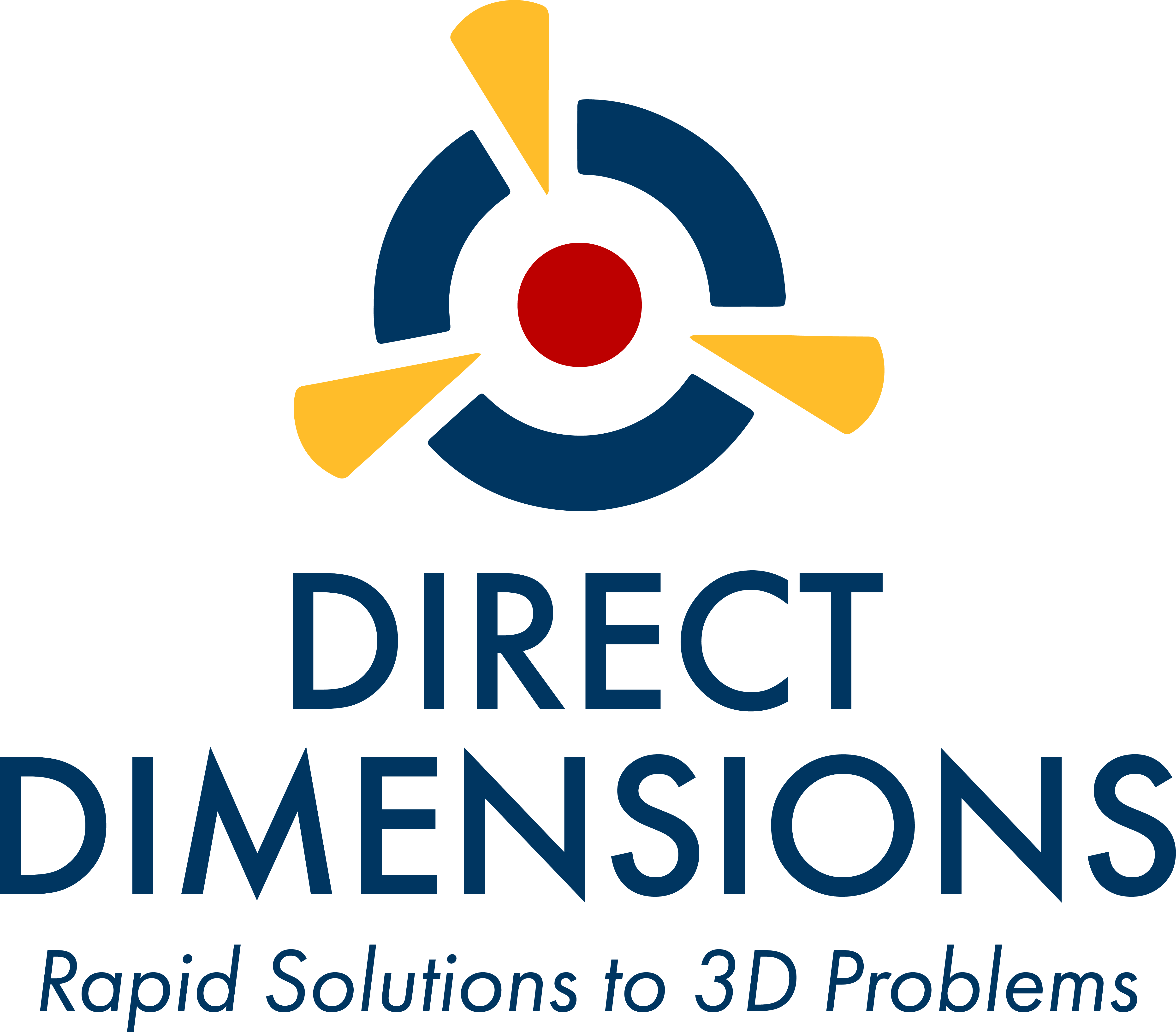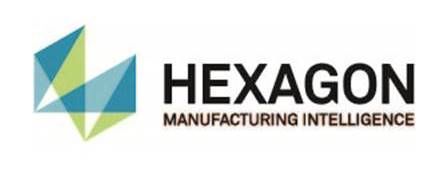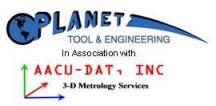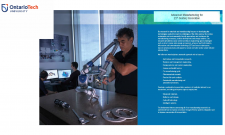
|
Download Members: $0.00 Non‑Members: $75.00 |
Buy Now |
Publication Details
| Published Date: | |
|---|---|
| Download Format: | |
| Citation: | Ahmad Barari, University of Ontario Institute of Technology, Associate Professor; Cody Berry, University of Ontario Institute of Technology, PhD Candidate |
Abstract
A high level of information about product quality and production performance can be achieved by inspecting the geometric and dimensional features in manufactured pieces. Coordinate metrology is the main inspection technology for geometric and dimensional specifications in today’s production systems. There are various types of coordinate metrology sensors used in common practices, which are mainly categorized to tactile or mechanical contact sensors, and the optical sensors. It is highly desired to investigate an approach to improve the reliability and accuracy of the measurement of planar surfaces for automated and vision-based measurement solutions by intelligent filtration of the 3D scanning noises. Intelligent noise filtration makes the optical sensors very attractive for high volume and automated production-inspection systems. This paper discusses how the point clouds scanned from highly reflective surfaces are affected by noise and presents a statistics-based method developed to effectively remove the noise-affected points from the scanned point cloud for planner surfaces. The developed methodology is based on gradual diagnosis of the behavior of the distribution of the deviations and detects the abnormalities. The developed methodology is fully implemented and validated by conducting variety of experiments. The results show that the developed methodology provides an efficient and effective solution for noise filtering in laser-scanning of highly reflective surfaces.
